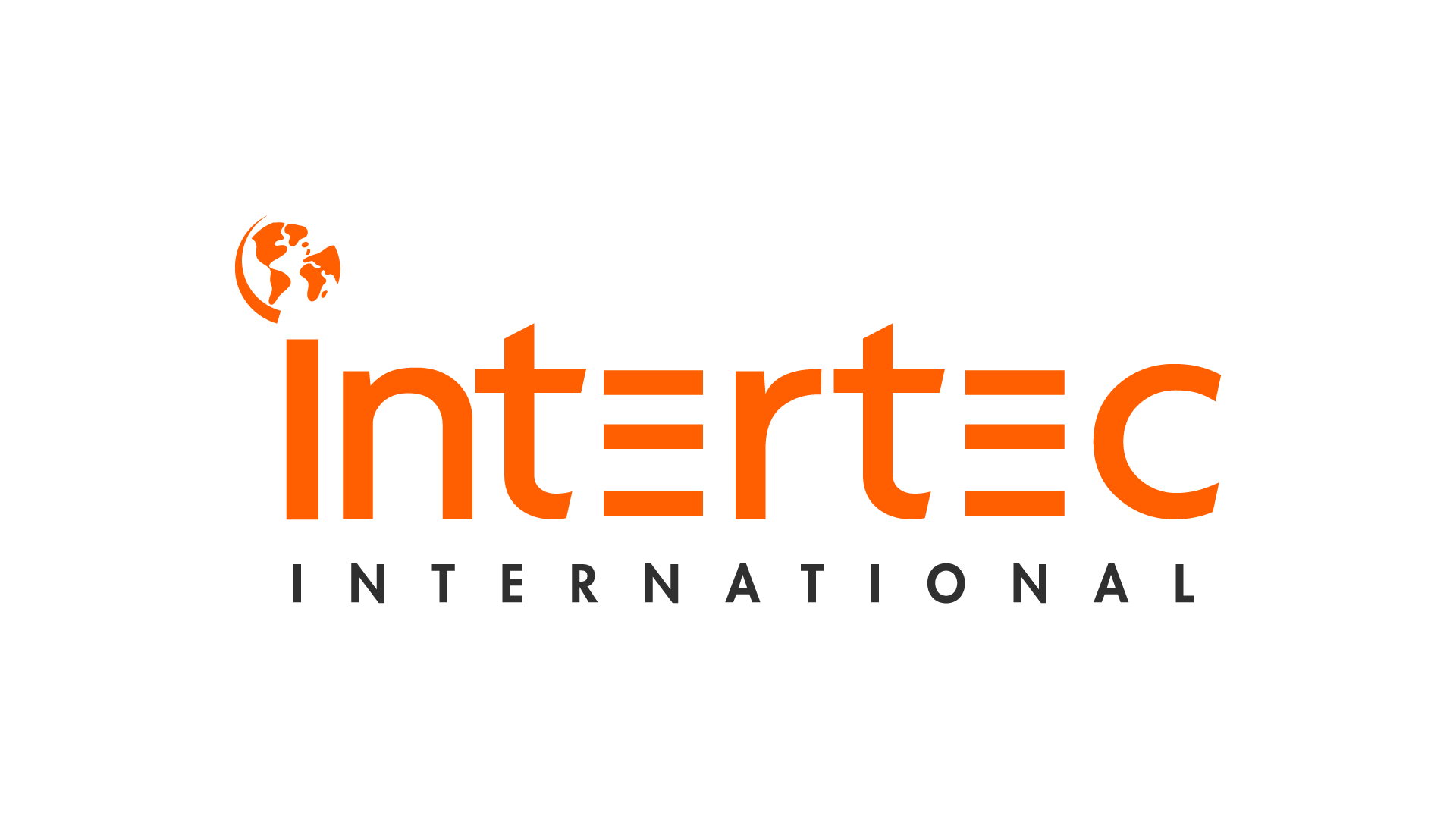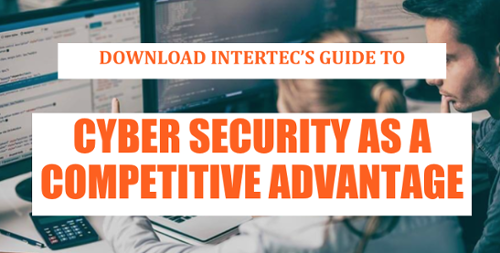It is vital that organizations prioritize the security of their data, and in doing so, meet compliance standards. Many companies ensure this by implementing ISO 27001 to shape their ISMS. This certification models a framework for the legal, technical, and physical controls used to define a company’s information risk management system. In providing complete system guidance, ISO 27001 helps you establish and implement a risk management framework to define how you want data protected. As well, by examining security risks, identifying threats, vulnerabilities, and the potential impact of an incursion, you can strengthen your system and avoid breaches. Obtaining the ISO 27001 certification gives you an attested confirmation that you or your company are 100% compliant and secure.

It is clear that an ISO 27001 certification is beneficial to security and risk operations, but it can be unclear who specifically should get the certification. While you can be certified at a company-wide level, you can also earn this certification independently as an individual. We'll take you through the key differences of an individual vs. company certification so you decide what is best for you and your organization.
ISO 27001 as an Individual
While initially designed for the certification of organizations, ISO 27001 has grown to be offered as an individual certification as well. Without qualified professionals to develop and maintain these security management systems, they would fail, so ISO now offers personal certifications. As an individual, you can earn two primary types of ISO certifications: lead auditor and lead implementor.
As a lead auditor, you are responsible for leading your organization’s audit team. This entails:
- Preparing the audit plan.
- Delivering meetings.
- Submitting annual or quarterly audit reports.
The primary responsibility is to conduct daily audit reports. Alternatively, as a lead implementor, you are responsible for bringing the lead auditor plan into action, ensuring that all policies are implemented and controlled correctly.
Achieving an individual ISO 27001 certification is a much less time-consuming process than for company certification. In terms of previous experience, you are required to have a minimum of four years of IT job experience, two of which must be in cybersecurity. Once these requirements are met, you will attend five days of training in ISO 27001 and take, and pass, an examination in an authorized training center. Once completed, you will fill out a certification form, and your certification will be issued to you.
Benefits
As an individual, earning this globally recognized certification will make you an asset to any organization, now and in the future. It also demonstrates your compliance with information security management systems, preparing you to handle a company's secure data while following regulations. As mentioned previously, the individual certification was introduced to create information management security experts to then help implement security systems into organizations. As a result, you will be expertly prepared to coach companies through implementing security management systems and earn ISO 27001 certifications of their own.
ISO 27001 as a Company
An organizational ISO 27001 certification generally follows the same process as an IT audit. This includes requesting documents, preparing an audit plan, scheduling an open meeting, conducting fieldwork, drafting a report, and setting up a closing meeting. Based on this process, a company will either quality or disqualify for the certification. To prepare, many organizations hire third-party accredited audit organizations to consult them through the certification process and conduct the necessary third-party audits. While this is a lengthy process, with the proper planning for your ISO 27001 certification, most small to mid-sized companies can achieve their certification within six to twelve months.
The third-party audit process has a procedure of its own, which goes as follows:
- Your chosen auditor will send a questionnaire to be filled by your business, consisting of basic information necessary to formulate a proposal.
- The auditor will deliver you a proposal enclosing the scope of work, timeline, and cost associated with the project.
- Following this, you will be assigned an account manager to be your point of contact on the auditing team.
- For the actual performance of the audit, you will complete an assessment.
- Once completed, your vendor will issue a certificate of registration outlining the scope of your certification.
- After receiving your certification, your account manager will continue to conduct an ongoing assessment to support improvement activities.
A best practice to follow-up with your certificate is to implement team member training. This makes employees aware of the certification and prepares them to meet the newly required practices and standards.
Benefits
While an individual ISO 27001 certification supplies an individual with auditing and implementing information security management systems, it is slightly different for companies. Rather than being equipped with these individual skills, a certification will prepare your company as a whole to meet security standards and protect the information under your purview. More importantly, it delivers a message to customers and stakeholders that you value the integrity of your organization and the protection of their information. It also offers a competitive advantage over other companies in your industry, as it:
- Operates as an international standard for information security management. This means that your certification will be globally recognized, allowing you to comply with any customer or location's regulations.
- Demonstrates a commitment to information security management. Third parties, stakeholders, and customers alike will see your organization’s as a preferred supplier as a result.
- With improved security, you can avoid financial penalties and losses associated with data breaches – saving your organization’s money and protecting your client’s trust.
In terms of the skills developed through your certification, you will be equipped with a framework that ensures the fulfillment of commercial, contractual, and legal responsibilities. Further, ISO 27001 will provide you with an ISO-compliant ISMS with a recognized external standard, thus providing your management will the tools to demonstrate due diligence. This will allow your organization to save time in managing and meeting standards and regulations, allowing you to breeze past audits and do the work that matters. And because this certification is so standardized, it will fit into every one of your departments and provide interoperability between groups within an organization and separate organizations as a whole.
Who Needs It?
So, what is the answer to the question: Who Needs ISO 27001 certification? Ultimately, it is best practice for any relevant individual or organization to meet the requirements of ISO 27001 and pass their audit. Once certified, your organization is ready to acquire new clients globally, and stand a head above their competition. Whether you want to tackle this as a collective or designate one person to become ISO-certified depends on your goals as a company. Both will train you in information security management systems, but how you get there relies on different processes to obtain certification. and allows you to take on slightly different roles. Define the scope of your ISMS to determine which certification is most suitable for you. Ultimately, you can’t go wrong in furthering your professional skillset, and your ISO 27001 certification will prepare you as a leader in information security management systems.









